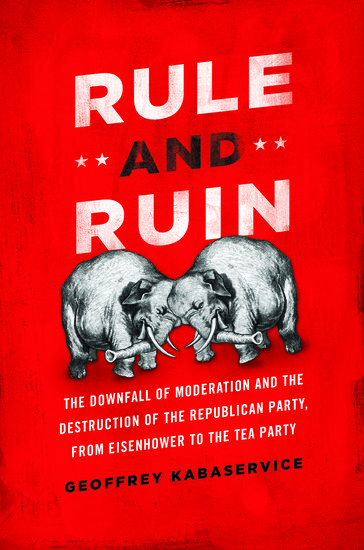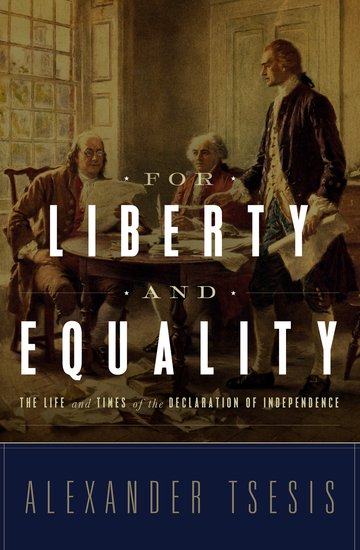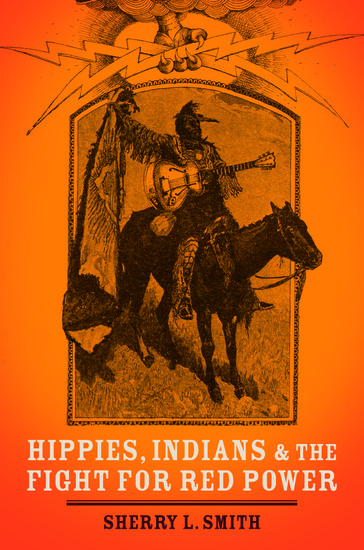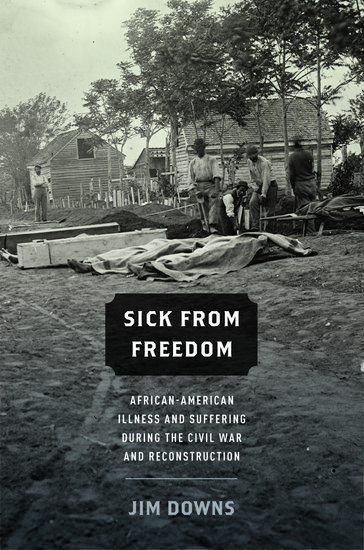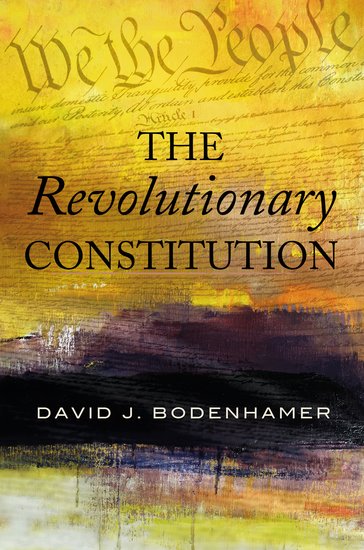The Decline and Fall of the American Political Convention
By Geoffrey Kabaservice
Will you be tuning in to watch this year’s Republican and Democratic national conventions in the hope of seeing something of historic significance? The managers of both conventions are working hard to make sure that you don’t get your wish. From their standpoint, the best convention is a precooked and tightly controlled event that passes placidly and without controversy into the annals of national forgetfulness.

